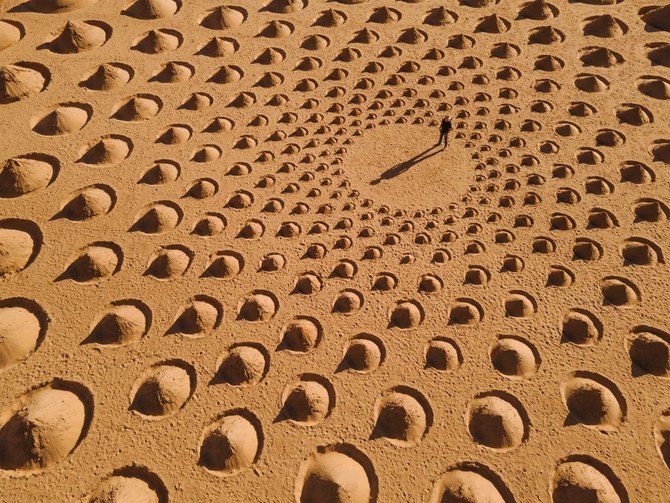
ALULA: UNESCO Director-General Audrey Azoulay on Friday hailed how well Saudi Arabia’s cultural gem of AlUla has been preserved and the lessons future generations can learn from the region’s history.
Speaking at the Hegra Conference of Nobel Prize Laureates, which is being held at the site’s Maraya Hall, Azoulay highlighted the importance of the site in promoting a cultural exchange.
When asked how it felt to be in AlUla for the conference, a gathering of more than 20 Nobel laureates and over 100 prominent scientists and thought, community, and political leaders from all over the world, she said AlUla was the perfect site to spread the message of how important heritage is.
“(There’s) such a diversity of history, I think this is the lesson of the valley of AlUla, it has been incredibly preserved through the ages,” she said.
“And it’s the diversity of the civilizations who have been living here in harmony and who have left traces for us, a wisdom that we need to listen to,” she added.
Azoulay, who has met with King Salman and Crown Prince Mohammed bin Salman during her visit to the Kingdom, is a speaker at the conference which runs from Jan. 30 to Feb. 1.
During her talk, she will be discussing global issues related to innovation, sustainability, heritage preservation and building a common vision for the future.
When asked what the most pressing issue facing the world today was, Azoulay said: “Right now we have an emergency, first and foremost, it is our relationship with nature. We need to learn how to live with nature in harmony, it’s something that we’ve lost. And that is our challenge.”
Talking about what message she would give future generations about the importance of heritage, she added: “I’d say it is their heritage, it belongs to them, and it’s our responsibility to pass it on to them, but it’s also their responsibility to take care of it for the next generation.”












